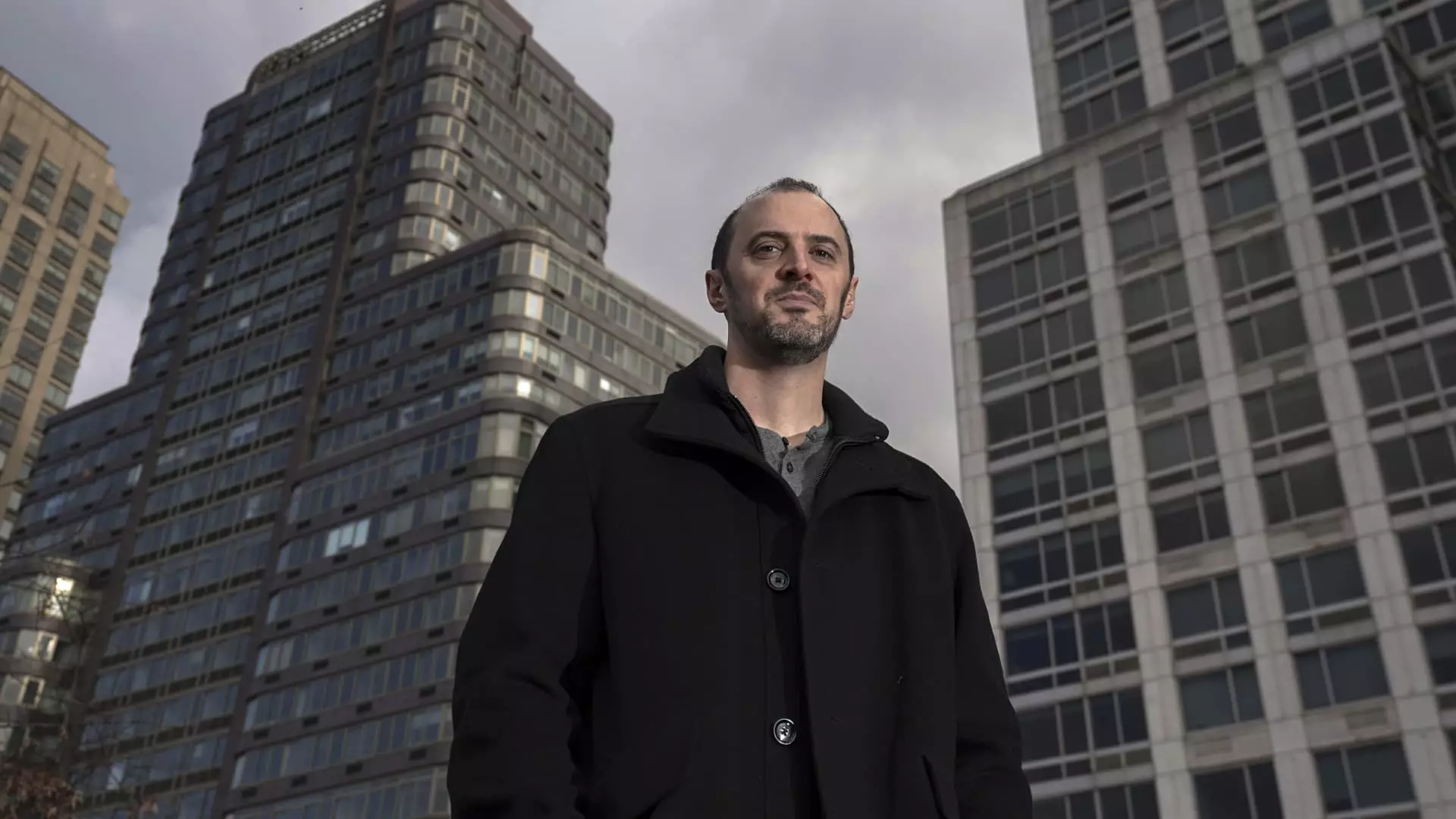On a somewhat surprising note, Nate Anderson, the founder of Hindenburg Research, disclosed the firm’s imminent closure last Wednesday. In a heartfelt message posted on the company’s website, he articulated his long-discussed decision to dissolve the firm, stating that they had reached a conclusion following the finalization of their existing research assignments. Established in 2017, Hindenburg carved a niche for itself by taking a contrarian approach, producing extensive negative reports that not only analyzed company practices but actively challenged the credibility of several businesses.
Hindenburg Research quickly gained notoriety for its scathing examinations of various companies. One of its most significant revelations was concerning the electric vehicle startup, Nikola, in 2020. The report accused the company of misrepresenting the autonomous capabilities of its trucks in a promotional video, an allegation that proved accurate when Nikola later admitted the deception. This incident played a pivotal role in the downfall of Nikola’s founder, Trevor Milton, who now faces a four-year prison sentence.
Notably, the firm directed its scrutiny towards both emerging businesses and established giants, including high-profile figures such as Carl Icahn and Gautam Adani. Such daring ventures underscored Anderson’s belief in exposing underhanded tactics that he perceived in the corporate sector. The diversity of Hindenburg’s targets emphasized the firm’s bold strategy and risk tolerance — it was willing to take on even the mightiest names in finance.
Hindenburg very much operated at the intersection of research and speculative investment, embodying the dual role of a short seller and a research house. By conducting in-depth analyses and publishing negative findings about companies, the firm was strategically positioned to profit from plummeting stock prices. Though it remains unclear just how much financial gain Hindenburg realized from its aggressive short-selling tactics, the effects were palpable: stocks often experienced substantial drops following the firm’s reports.
This disruptive approach surfaced in a time marked by a growing skepticism towards short selling, particularly highlighted by the meme-stock phenomenon of 2021, which saw retail investors campaigning against institutional short-sellers. The confrontation between these two factions demonstrated the changing landscape of the investing world and the increasing defensiveness of large corporations against the challenging narratives presented by firms like Hindenburg.
The legacy of Hindenburg Research is steeped in controversy, reminiscent of a rebellion against corporate misdeeds. The practice of short selling inevitably involves risks and has provoked disdain among certain investor communities. Consequently, Hindenburg’s work has sparked discussions regarding the ethics of short-selling and the role of regulatory bodies in financial markets.
While its closure marks the end of its distinctive brand of investigative research, the impact of Hindenburg Research may linger in the form of revived scrutiny for publicly traded companies and an ongoing conversation about transparency in corporate governance. As the financial landscape continues to evolve, the industry will be left contemplating the profound questions raised by Hindenburg’s audacious ventures.

